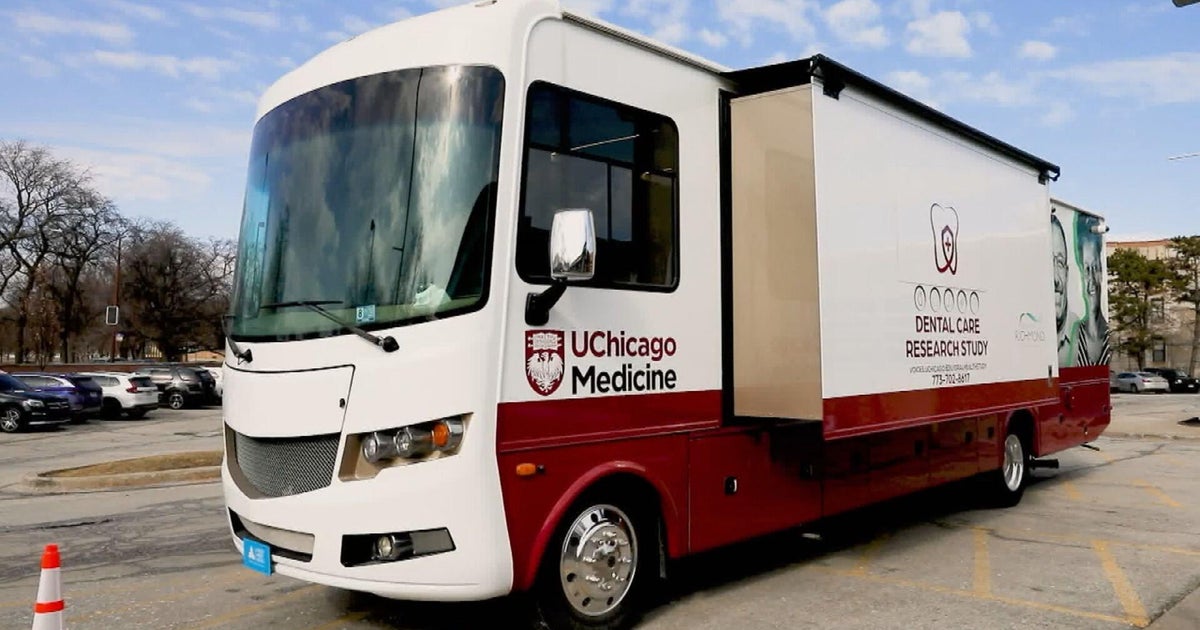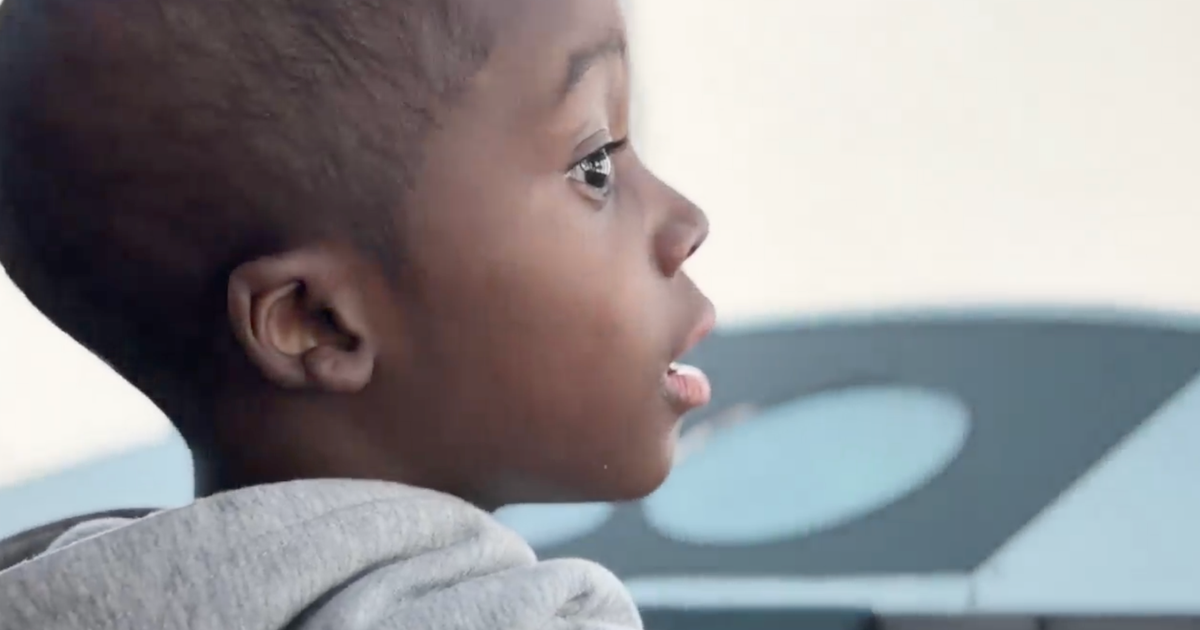Newark Water Crisis: How Lead Can Affect Your Children
NEW YORK (CBSNewYork) - Both the Environmental Protection Agency and the Centers for Disease Control and Prevention say there is no known "safe level" of lead for children.
Lead exposure can bring on quite a few health defects, but there are preventive measures you can take to reduce the risk.
Dr. Judy Aschner, chair of pediatrics and physician-in-chief from the Joseph M. Sanzari Children's Hospital at Hackensack University Medical Center, explains how.
"If you are living in an area that is at high risk, that includes people living in older housing before the 1960s – and certainly lead was taken out of paint in 1978 – or if you have concerns because the lead levels in your drinking water have been elevated, testing is particularly important for children up the age of 3," she said.
Early exposure can result in life-long impacts. Effects of lead in children include school performance, reduced IQ, behavior and learning issues, slower growth, hearing problems, anemia and – in rare cases – death.
Children who are 1- or 2-year-old, "they play in the dust, they play on the floor," said Aschner. They then eat with their hands and put things in their mouths, putting them at high risk of possible exposure.
New mothers who are nursing face less risk.
"It turns out lead in most women's breast milk is very low," said Aschner. "Women who breastfeed their children are somewhat protected."
As for water used for cleaning or showering, again the risk is low.
"People should not be concerned about bathing," said Aschner. "Lead does not enter your body through your skin, it's pretty much all through ingestion."
Centers for Disease Control and Prevention Lead Resources







